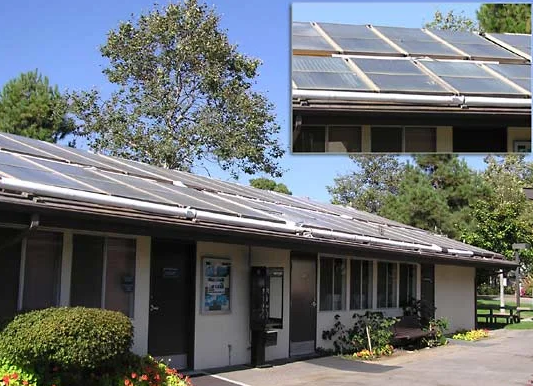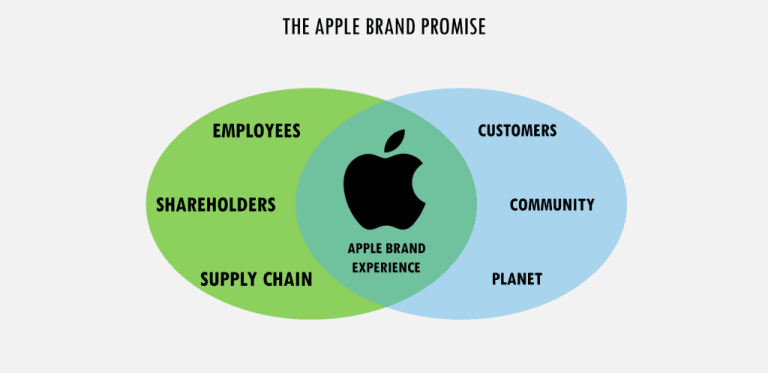The Pros and Cons of Solar Energy
As the world increasingly seeks sustainable solutions to meet its energy needs, solar energy has emerged as a frontrunner. This renewable energy source has seen a significant rise in popularity, thanks in part to incentives like the NJ Solar Incentives, which make it an attractive option for many homeowners and businesses in New Jersey. These incentives not only reduce the initial investment required but also shorten the payback period, making solar installations a financially viable option for a broad audience. As we delve into the advantages and disadvantages of solar energy, it’s essential to keep in mind the broader context of environmental sustainability and economic considerations.
Understanding Solar Energy
Before we explore the pros and cons, it’s crucial to have a foundational understanding of solar energy. Solar power is harnessed from the sun’s rays and converted into electricity using photovoltaic (PV) panels or through solar thermal systems. This section does not need subheadings but serves as an introduction to the following detailed analysis.
Advantages of Solar Energy
Solar energy offers numerous benefits, from environmental to economic gains. Below, we’ll explore these advantages in more depth.
Reduces Electricity Bills
One of the most immediate benefits of solar energy is the potential to significantly reduce electricity bills. Once you’ve installed solar panels, you’ll start generating your own electricity, which can offset your consumption from the grid.
Environmentally Friendly
Solar energy is a clean, renewable resource that reduces greenhouse gas emissions and reliance on fossil fuels. It’s a key player in the fight against climate change, helping to decrease carbon footprints at both individual and community levels.
Energy Independence
By harnessing the power of the sun, homeowners and businesses can achieve a greater degree of energy independence. This reduces vulnerability to energy price fluctuations and supply disruptions.
Boosts Local Economies
The solar industry creates jobs in installation, maintenance, and manufacturing. As demand for solar energy grows, it can stimulate economic growth and support local industries.
Disadvantages of Solar Energy
Despite its benefits, solar energy also has its drawbacks, which are essential to consider when evaluating its overall impact.
High Initial Investment
The upfront cost of purchasing and installing solar panels can be high, even with incentives like the NJ Solar Incentives. This initial investment is often a barrier for many potential users, although long-term savings can offset these costs.
Weather Dependent
Solar energy production is directly affected by weather conditions. Cloudy or rainy days can significantly reduce the efficiency of solar panels, impacting electricity generation.
Space Requirements
Solar panels require a substantial amount of space for installation. This can be a limiting factor for urban areas or properties with limited roof space.
Energy Storage Costs
To fully utilize solar energy, especially in off-peak hours, you need a system to store excess energy. The cost of batteries and other storage solutions can add to the overall investment.
FAQs
FAQ 1: What are NJ Solar Incentives?
NJ Solar Incentives refer to financial incentives available in New Jersey to encourage the adoption of solar energy, including tax credits, rebates, and grants.
FAQ 2: Can solar panels really reduce electricity bills?
Yes, solar panels can significantly reduce electricity bills by generating free power from the sun’s rays, offsetting your need to buy electricity from the grid.
FAQ 3: Is solar energy environmentally friendly?
Solar energy is one of the most environmentally friendly energy sources available, producing no greenhouse gases or pollutants during electricity generation.
FAQ 4: Why is the initial investment in solar energy considered high?
The initial investment is considered high due to the costs of solar panels, installation, and potentially an energy storage system, though incentives and rebates can help offset these costs.
FAQ 5: Are solar panels effective in cloudy weather?
Solar panels can still generate electricity on cloudy days, but their efficiency decreases compared to sunny days. Advanced technologies are improving their performance in less-than-ideal conditions.
Conclusion
Solar energy presents a promising path toward sustainable energy solutions, offering both significant advantages and notable disadvantages. The benefits, such as reduced electricity bills, environmental conservation, energy independence, and economic growth, make it an attractive option for many. However, the high initial costs, dependence on weather conditions, space requirements, and storage challenges are factors that must be considered.






